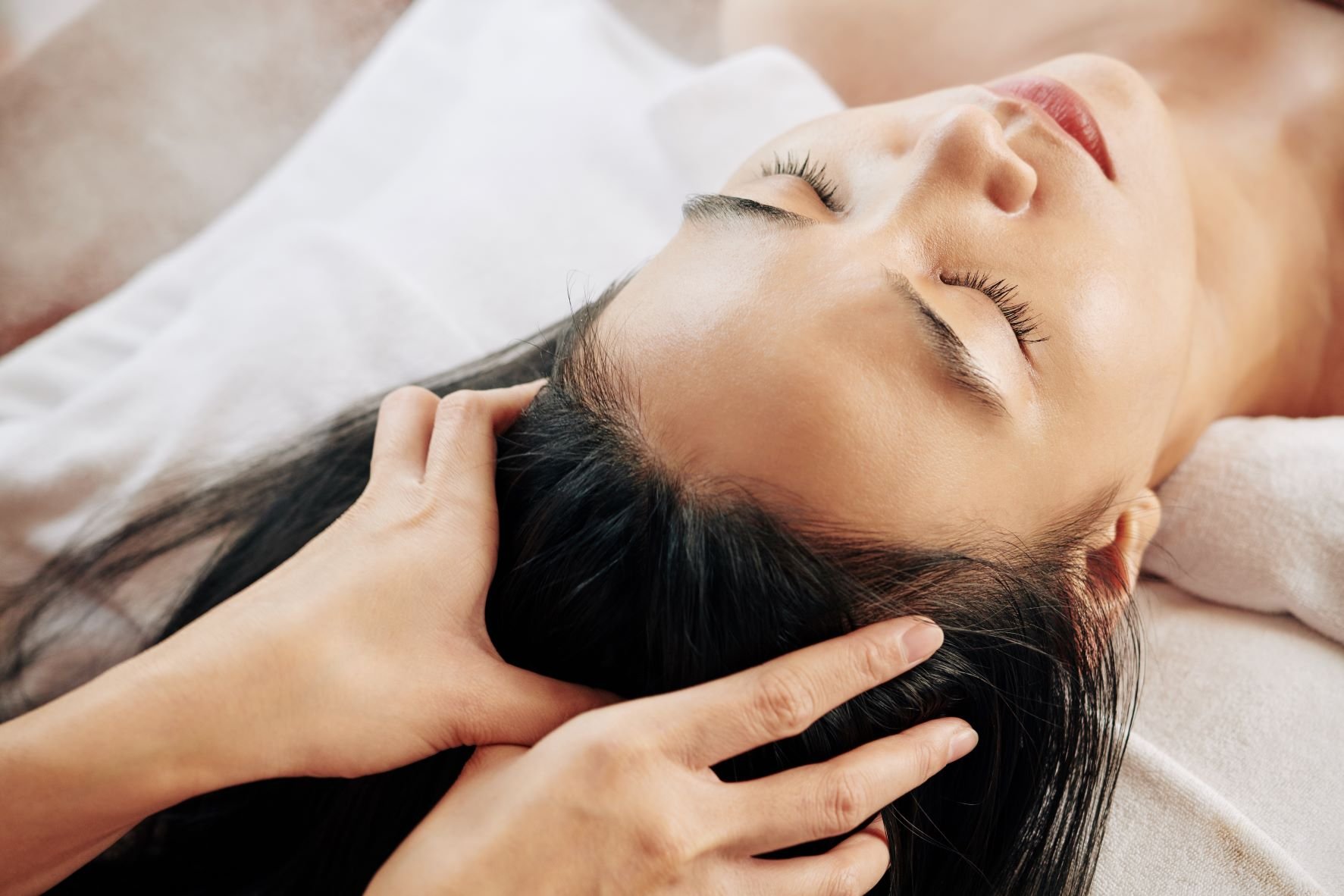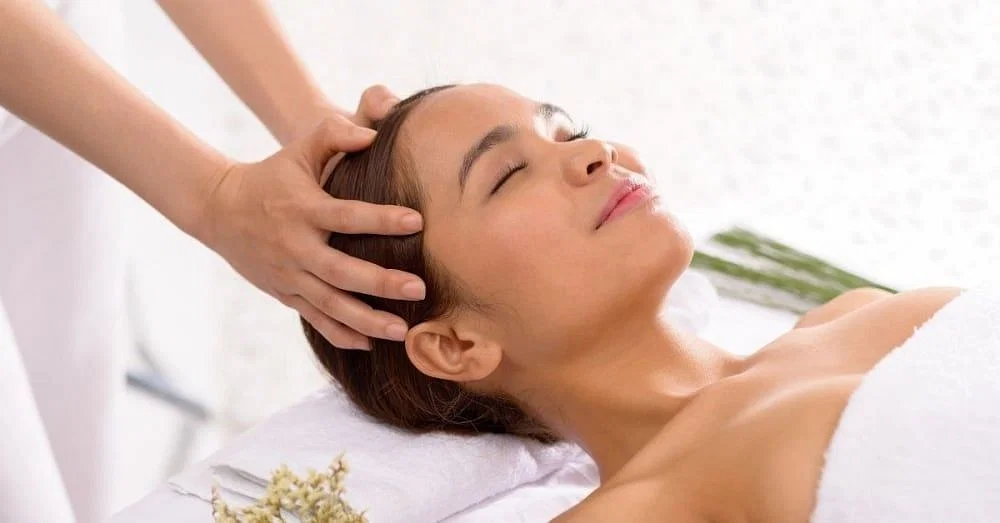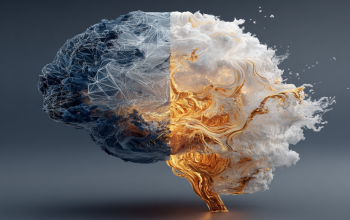Though it is unavoidable in life, stress may have significant impacts on our bodies, especially on the condition of our hair and scalp. Although most people connect stress with mental and emotional conflict, its physical expressions can be equally important. This helps one understand how stress affects scalp condition and hair quality, guiding treatment of these consequences. Additionally, incorporating insights from the jonsson protein review can provide valuable strategies for enhancing hair health and resilience.
Physical Effects of Stress on Hair
Stress causes a chemical response in the body that could cause different physical problems. One obvious result is the disturbance of the hair growth cycle. Stress can force hair follicles into a resting phase too early, which increases shedding. Given that hair loss can develop several months following the stressor, this disorder—known as telogen effluvium—may not be immediately noticeable.

Scalp Conditions Linked to Stress
Usually reflecting general health, the condition of the scalp can be much affected by stress. Rising stress might aggravate already existing scalp conditions, including psoriasis or dandruff. Stress causes inflammation in the body, which could irritate the scalp and cause flaking there. This might start a vicious cycle since uncomfortable or itching scalp issues can aggravate stress.
The role of hormones
The interaction between stress and hair condition is significantly influenced by hormonal changes. Stress causes cortisol to be released, a hormone that, in excess, can throw off the balance of other hormones needed for hair development. Different hair problems, like changes in hair structure and more shedding, might result from this imbalance. Knowing the hormonal reaction to stress will enable people to act early to minimize its effects on the condition of their scalp and hair.
Stress Management Techniques
To combat the harmful effects of stress on hair and scalp health, adopting appropriate stress management practices is crucial. Regular exercise, yoga, and mindfulness among other things assist lower stress and encourage relaxation. Including a balanced diet high in minerals and vitamins can also help to support hair condition. Maintaining general well-being also depends critically on keeping hydrated and guaranteeing enough sleep, which directly affects hair and scalp condition.
Though the connection between stress and hair condition is complicated, knowing its effects will help people to take charge of their well-being. For instance, the jonsson protein review highlights how specific nutrients can enhance hair health. One can encourage better hair and scalp conditions by seeing the indicators of stress-related hair problems and using sensible management techniques.





